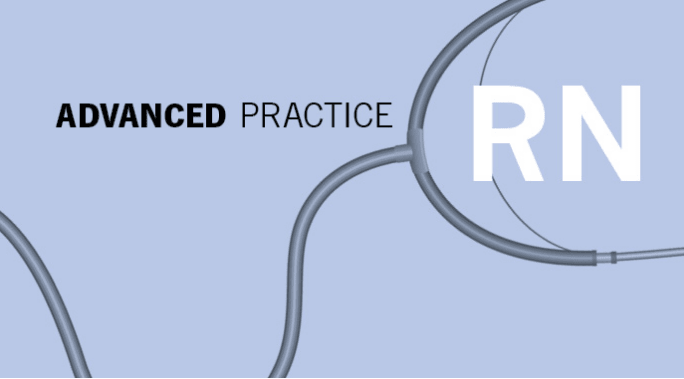
Advanced Practice Roles in Nursing
Advanced practice in nursing is the area of practice for nurses who have a minimum of a Master's degree in nursing. It also requires further specialization within the Advanced Practice Registered Nurse (APRN) category.A nurse who qualifies for advanced practice role should have extensive knowledge in the area of practice, clinical competencies, and skills to make critical skills. The shaping of characteristics for a good advanced practice depends largely on the state where a nurse has credentials to run.
Specialty Areas for Advanced Practice Roles in Nursing (CRNA)
These are roles that nurses perform in qualifying for advanced practice role:
Certified Nurse Practitioner
The work of a certified nurse practitioner is in a range of areas such as:
- Pediatrics
- Women health
- Surgical services
- Oncology
- Pain management
- Cardiology
APRNs roles may include assisting doctors and other health professionals. Also, they can take up positions in teaching, conducting research and patient advocacy.They can also provide independent care in varying settings including clinics, doctors’ offices, and hospitals.
Certified Nurse Midwife (CNM)
CNM provide similar services to gynecologists. Their duties are a combination of gynecology and midwifery. CNMs will offer service to women during their stages of pregnancy cycle including:
Wondering where to Buy Nursing Research Paper Online? Try nursingwritingservices.com today.
- Initial consultation
- Prenatal visits
- Examinations and postpartum care for the mother and newborn
Other areas in which they assist women are family planning, gynecological care and contraceptive control.
Most nurse midwifes spend a lot of their practice time assisting in child delivery. They can work in women homes, inside a hospital or in her practice. A nurse practicing in her office can make critical decisions on healthcare although not all of them. Their levels of autonomy depends in the state of practice and clinical settings.
Certified Registered Nurse Anesthetist (CRNA)
The role of this type of advanced practice nurse is to provide anesthesia to patients who undergo surgery in various care settings. CRNAs have certification to provide a full range of anesthesia care that includes surgical procedures. They can work even with the extremely sick patients who are in life threatening conditions and not in conditions to give consent for medical practitioners to perform surgery. .
People usual confuse nurse anesthetist with anesthesiologist. It stems from the fact that their areas of practice overlap. Their role is to put a patient under anesthesia before surgery but an anesthesiologist is a medical doctor. Some laws and medical associations dictate that surgeons use licensed medical doctors for some medical cases.Nurse anesthetists will stay with their patients during the entire surgery procedure monitoring the important body functions constantly and modify anesthetic to ensure the patient is totally safe and comfortable.
Clinical Nurse Specialist (CNS)
A clinical nurse specialist is registered nurse with at least a master's degree, national certification showing advanced knowledge and clinical skill in a specialized area of nursing or particular patient population. CNS work directly with the patients implementing treatment plans for resolving or mitigating medical as well as psychiatric issues.
In addition to direct patient care, the CNSs play a role in shaping healthcare system policy by serving as role models to registered nurses and applying observations from direct patient care for systematic research. A CNS interacts with healthcare professionals at all levels of the system. They marshal the advanced training and experience to educate nurse peers and introduce systemic changes to improve practices that lead to improvement in patient outcomes.
CNSs are experts with knowledge and voice to change the structure of the whole health care. They ultimately work in a position where they can apply best research theory for creating best practices. They also work join advocacy roles in policy making entities and committees with the aim of improving service delivery in healthcare.
The roles for all categories of advanced practice nurses will vary according to setting, population, type of care and health problem.

